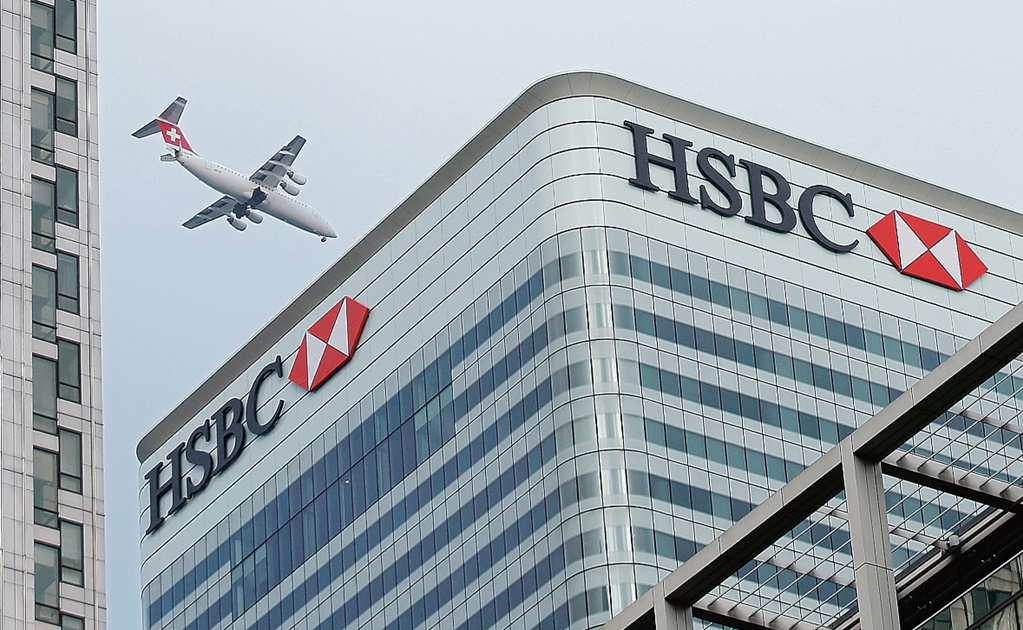
"We are confident that we will be able to add significant volume and additional value of private placements from new and existing customers [on the platform] over the next 12-18 months," said Ciaran Roddy, head of innovation and strategy at HSBC.
The company previously announced that it would have $ 20 billion on the platform later this month. HSBC said that efforts to increase the functionality of the platform in the interest of the client are what slowed its push for onboarding.
With no immediate plans to move into the crypto space, HSBC is focusing on assets that have yet to be digitized, hence exchange-based security tokens and traditional assets that could be split.
The bank is also noticing the demand from customers to use tokens throughout the fund's lifecycle, Roddy said, as well as tokens covering a number of assets enclosed in one.
The bank is using the blockchain compared to a traditional database because it plans to tokenize private placements after digitizing them. Private placements are sales of stocks or bonds that do not occur on the open market quotations.
Not just an economic challenge
Unlike other corporate endeavors, HSBC did not estimate the cost savings of the digitization project, claiming instead to rely on "incremental internal efficiency".
However, Roddy said that the main goal of the bank with Corda is to get access to information in real time. The tokenization would allow the bank to implement tools such as smart contracts, but first it should involve investors with a project to be implemented and ensure that regulators feel comfortable in recognizing tokens as legal, applicable and transferable activities.
Easy access for customers
Customers can access the Corda platform, which the bank has nicknamed "Digital Vault", through their HSBC online accounts. Clicking on a transaction link "will open a list of all the documents we have filed with respect to that particular transaction," said Roddy.
Customers can also grant system access to third parties such as regulators and auditors. Some customers have already granted asset managers access to the system.
The bank is trying to anticipate a world where financial entities turn into tokens in order to create a better way to trade assets, Roddy said. "We are seeing numerous [traditional] exchanges that are starting to use DLT," he said. "We at HSBC want to be able to support our customers who wish to transact in these markets [tokens]."
